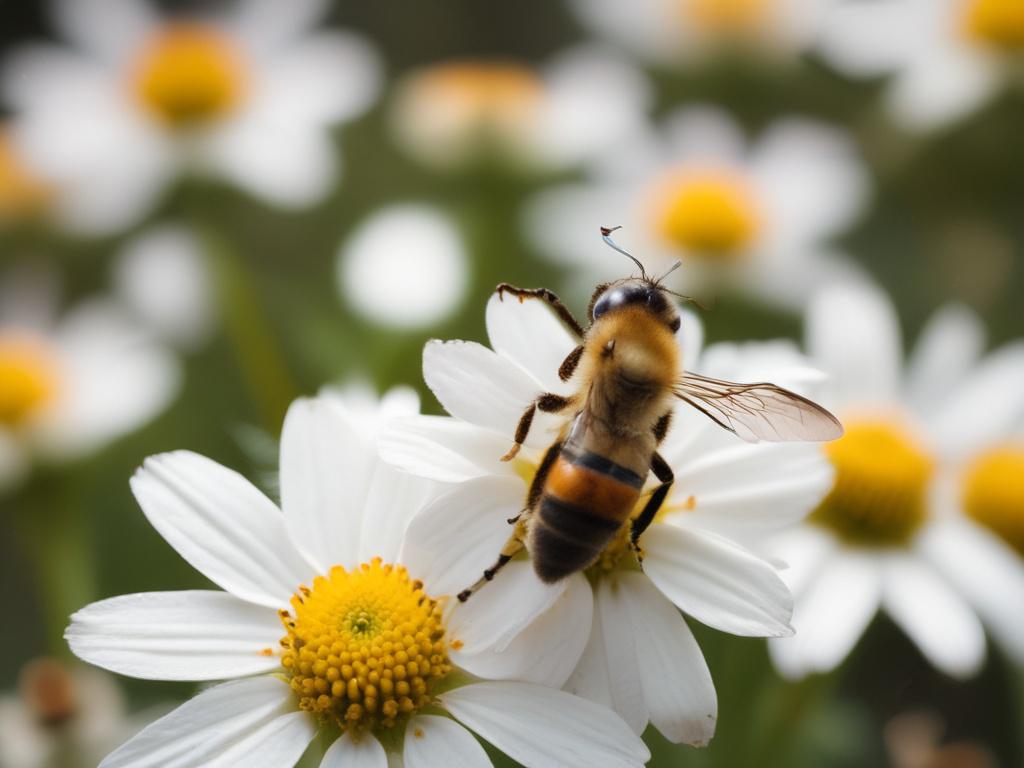
Pollination plays a crucial role in maintaining the health of our ecosystems, acting as the unsung hero behind the vibrant web of life we often take for granted. By facilitating the reproduction of flowering plants, pollinators such as bees, butterflies, birds, and even certain mammals ensure that diverse plant species thrive. This diversity not only supports a wide range of wildlife but also contributes to the stability and resilience of ecosystems, making pollination essential for environmental health and balance. Understanding why pollination is crucial allows us to appreciate the intricate relationships that sustain our planet.
Moreover, pollination directly impacts food security and agricultural sustainability, forming the backbone of our agricultural systems. Approximately one-third of the food we consume relies on the pollination services provided by these vital creatures. Without them, crops would yield significantly less, threatening food availability and driving up prices. In this blog post, we will explore the importance of pollination in ecosystem health, examine how pollinators contribute to food security, and advocate for actionable steps we can all take to protect these essential species for a thriving planet. Join us as we discover why pollination deserves our attention and action.
Understanding the vital role of pollination in ecosystem health
Pollination serves as a cornerstone of ecosystem health, directly influencing plant reproduction and biodiversity. Many plants depend on pollinators like bees, butterflies, and birds to transfer pollen from one flower to another, enabling the formation of seeds and fruit. This biological process not only fosters the growth of flowering plants but also supports entire food webs, ensuring that herbivores have the vegetation they need for survival. Without effective pollination, many plant species would decline, leading to decreased habitat for other wildlife and ultimately threatening the intricate balance of our ecosystems.
In addition to promoting biodiversity, pollination enhances resilience against environmental changes. Healthy ecosystems are adaptive and can withstand challenges like climate change and habitat loss. By ensuring robust populations of flowering plants, pollinators bolster the overall stability of ecosystems. This intricate web of relationships underscores why effective pollination is essential for maintaining the delicate balance of nature. Thus, safeguarding pollinator populations becomes a critical priority for conserving ecosystems and securing a sustainable future for our planet.
How pollinators contribute to food security and agricultural sustainability
Pollinators, including bees, butterflies, and birds, play an essential role in food production by facilitating the reproduction of flowering plants. Approximately 75% of the world's food crops depend on pollination to thrive, which highlights the importance of these creatures in maintaining food security. Fruits, vegetables, nuts, and seeds that we rely on for nutrition owe their existence to the diligent work of pollinators. By enhancing crop yields and ensuring genetic diversity within plant populations, pollinators promote a stable and varied food supply that is crucial for sustaining human life.
Agricultural sustainability heavily relies on the health of pollinator populations. Farmers that prioritize pollinator-friendly practices, such as crop rotation, reduced pesticide use, and the planting of native flowers, witness increased yields and healthier ecosystems. By supporting pollinators, they enhance soil health, improve pollination rates, and foster resilience against pests and diseases. This symbiotic relationship ensures the long-term viability of agricultural systems, helps maintain biodiversity, and contributes to the overall well-being of communities worldwide. Therefore, understanding and protecting pollinators is vital not just for food security but for cultivating a sustainable agricultural future.
Taking action: Protecting pollinators for a thriving planet
As stewards of the environment, we can all play a vital role in protecting pollinators. Simple actions such as planting native flowering plants in our gardens, reducing pesticide use, and fostering biodiversity can create pollinator-friendly habitats. Homeowners and community groups can collaborate to establish pollinator gardens in public spaces, offering safe havens for bees, butterflies, and other essential pollinators. Advocacy for policies that support sustainable practices in agriculture can also lead to healthier ecosystems. By making conscious choices, we help nurture the natural balance that pollinators require to thrive.
Engaging with local organizations and participating in conservation projects are excellent ways to raise awareness about the importance of pollination. Education campaigns can inform communities about the critical benefit pollinators provide, not just in food production but also in maintaining plant diversity. Through workshops, school programs, and public events, we can inspire collective action toward preserving these invaluable creatures. By coming together to safeguard pollinators, we contribute not only to the health of our ecosystems but also ensure food security for future generations. The time to act is now—every effort counts in creating a thriving planet for all.